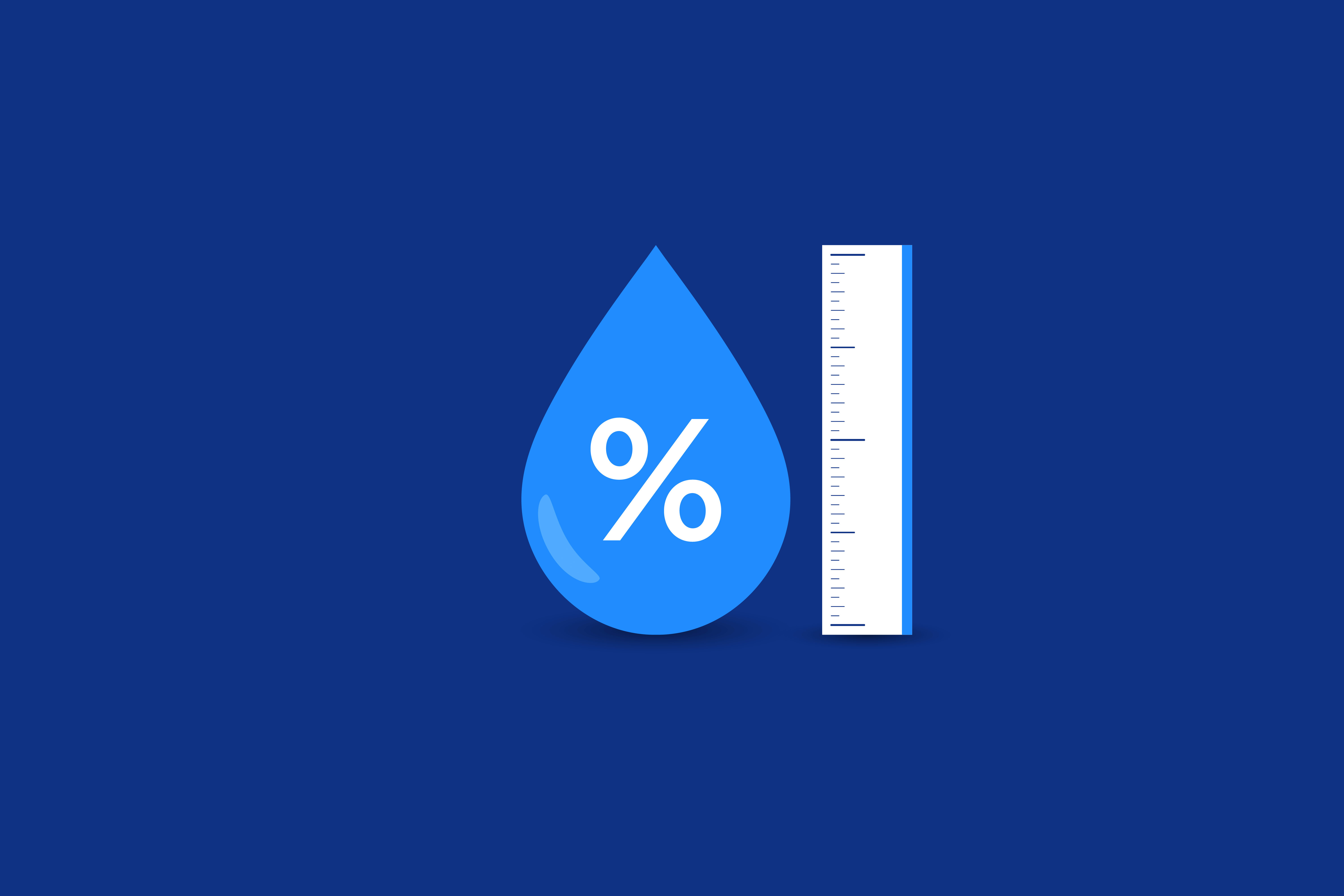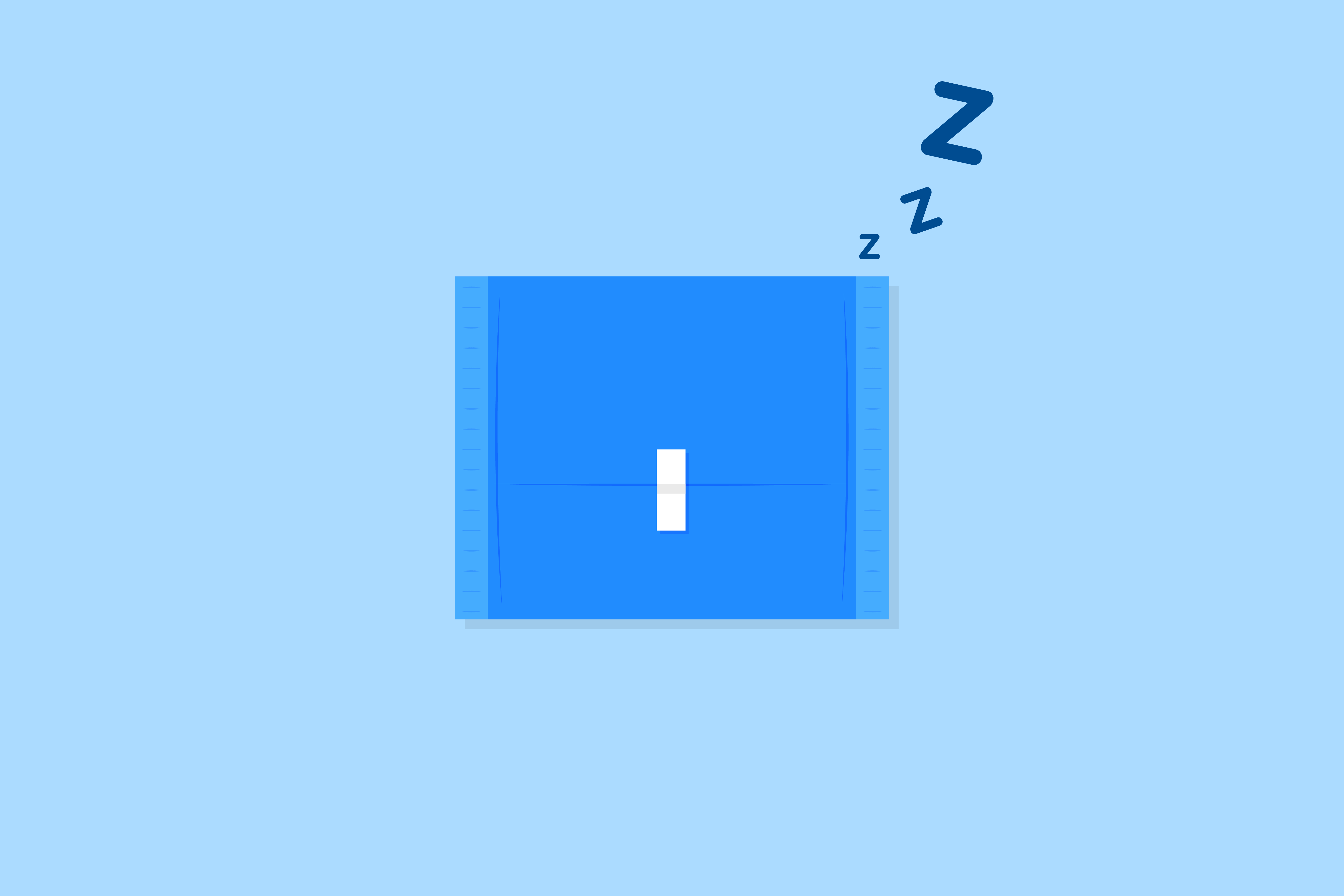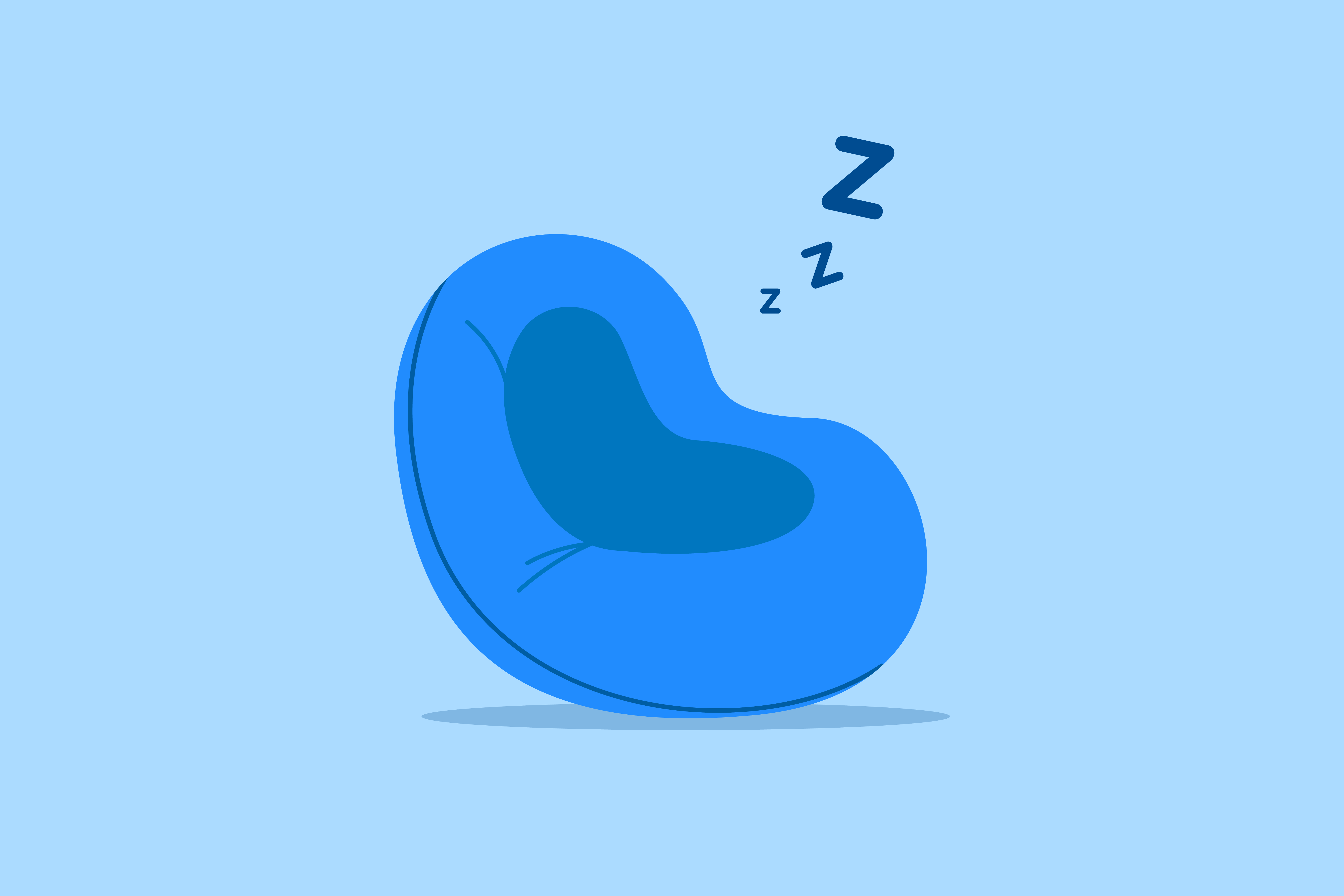Key Takeaways
In this article, we will examine the relationship between humidity and sleep, focusing on the impact of humidity levels on sleep quality and overall personal health and well-being. We will explore how high humidity can interfere with deep sleep and lead to respiratory issues and how low humidity can cause dryness and worsen allergies or asthma.
Additionally, we will provide practical tips for maintaining an optimal humidity level in the bedroom to promote optimal sleep conditions.
“A study by Liu et al showed that humidity may be an important determinant in oxygen desaturation as well as arousal and thereby play a role in sleep apnea,” says Dr. Nayantara Santhi. “The data from the study suggests that an increase in relative humidity is associated with increased arousal and decreased oxygen saturation in both REM and NREM sleep.”
“But scientists are just beginning to understand how humidity levels in our environment impact sleep.”
The Effects of Humidity on Sleep Quality
The effects of humidity on sleep quality can be significant, with high levels of humidity interfering with the four stages of sleep such as slow-wave NREM and REM sleep, affecting bodily recovery and memory consolidation. When the indoor humidity levels are too high, it can lead to discomfort and difficulty breathing during these sleep cycles. Excessive humidity can also cause excessive sweating, making lying in bed uncomfortable.
Moreover, high humidity promotes the growth of mold and dust mites, which can trigger allergies and respiratory infections, further disrupting sleep. It can also make storage tasks, such as storing books in the bedroom, a risk for material degradation.
On the other hand, excessively low humidity can also negatively affect sleep. It can cause dry skin, itchy eyes, and a sore throat. Low humidity has been linked to respiratory infections and can worsen allergies and asthma symptoms. Additionally, low humidity can lead to discomfort and difficulty falling asleep.
The relationship between humidity and sleep can be complex, as one 2022 study Verified Source National Library of Medicine (NIH) World’s largest medical library, making biomedical data and information more accessible. View source shows. The study found that an increase in humidity led to decrease in NREM stages 1 and 3 and REM sleep, but an increase in NREM stage 2 sleep. In other words, less deep sleep but more light sleep.
To achieve better quality sleep, it is important to maintain the optimal humidity level in the bedroom. The recommended indoor relative humidity falls between 30% and 50%, never exceeding 60%. Using a dehumidifier can help reduce excessive humidity while using a humidifier for sleeping better can increase humidity and maintain higher moisture levels when too low.
It is also advisable to keep the bedroom well-ventilated by opening windows or using fans to improve air circulation. Additionally, using moisture-wicking bedding materials can prevent excessive sweating and promote better sleep.
Finding the Optimal Humidity Level for Sleep
According to studies, maintaining indoor humidity Verified Source ScienceDirect One of the largest hubs for research studies and has published over 12 million different trusted resources. View source levels within the range of 30% to 50% is crucial for achieving optimal sleep quality. Humidity plays a significant role in sleeping soundly, creating a comfortable sleep environment, and ensuring good air quality. When the humidity is too high or too low, it can negatively affect the respiratory system and disrupt sleep.
To maintain the optimal humidity level for a restful sleep, it is recommended to use a humidifier or dehumidifier to regulate the moisture in the air. Opening windows or using fans can also improve air circulation and reduce humidity (Find out here whether sleeping with a fan on bad for health). Keeping the bedroom clean and dust-free is also important to minimize allergens.
The Impact of Excessive Humidity on Sleep
Excessive humidity in the air conditioning or bedroom can disrupt sleep patterns and lead to discomfort, as evidenced by research showing that high moisture levels negatively impact sleep quality. High humidity creates an environment conducive to mold in the bedroom and dust mite proliferation, both of which can trigger allergies and respiratory infections.
In addition, excess moisture in the air can aggravate asthma symptoms and make breathing difficult during sleep, with symptoms such as shortness of breath when lying down.
On the other hand, fresh air and low humidity levels can also harm sleep. Dry air can cause dry skin, itchy eyes, and a sore throat, making it uncomfortable to rest. It has also been linked to respiratory infections and can worsen allergies and make it harder to sleep better with asthma.
To ensure optimal sleep, it is important to maintain appropriate humidity levels in the bedroom. Studies recommend 30% to 50% for indoor humidity. Verified Source National Library of Medicine (NIH) World’s largest medical library, making biomedical data and information more accessible. View source This helps to prevent mold growth, minimize the presence of allergens, and promote better sleep quality.
Using a humidifier or dehumidifier can be beneficial to achieve the desired humidity levels. Keeping a healthy bedroom environment, well-ventilated, and free from excessive moisture is also essential. By taking these steps, individuals can create an environment that promotes quality sleep and reduces the risk of health issues associated with high or low humidity levels.
The Effects of Low Humidity on Sleep
Maintaining optimal humidity levels in the bedroom is crucial for quality sleep and preventing the negative effects that can arise from low humidity, such as dry skin and difficulty falling asleep due to discomfort. Low humidity can result in dry air, which can cause dehydration and lead to dry skin, itchy eyes and a sore throat.
Also, low humidity or humid air can exacerbate sleep problems, as dry air can irritate the nasal passages and make breathing harder. This can lead to disrupted sleep and difficulty falling asleep. It has also been linked to respiratory infections and can worsen allergies and make it harder to sleep better with asthma.
Furthermore, low humidity can also contribute to the growth of mites, which thrive in dry environments. Dust mites are a common allergen and can cause skin irritation and respiratory problems, further impacting sleep quality.
To combat the effects of low humidity, it is recommended to use moisture-wicking covers on bedding to help regulate body temperature and prevent excessive sweating. Additionally, using a humidifier in the bedroom can help increase humidity levels and alleviate the discomfort caused by dry air. It is important to monitor humidity levels and ensure they are within the recommended range of 30% to 50% to create an optimal sleep environment. Verified Source ScienceDirect One of the largest hubs for research studies and has published over 12 million different trusted resources. View source
Tips for Maintaining Ideal Bedroom Humidity for Sleep
To ensure optimal sleep quality, it is important to implement effective strategies, such as using a humidifier or dehumidifier, to maintain the ideal bedroom humidity level for sleep. The ideal humidity for sleep falls between 30% and 50%, as excessive humidity can interfere with getting more deep sleep and REM sleep. Using a humidifier can help increase moisture levels in the air, especially in dry climates or during winter, when indoor heating can lead to drier indoor air quality.
On the other hand, a dehumidifier can help reduce excessive humidity, particularly in areas with high humidity levels or during summer when air conditioners may produce cooler temperatures but also dehumidify the air.
Maintaining the right amount of moisture in the air is crucial for a comfortable and restful sleep environment. Too much moisture can lead to discomfort, difficulty breathing, and the growth of allergens like mold and mites. On the other hand, too little moisture can cause dry skin, itchy eyes, and a sore throat. Finding the perfect balance can create an optimal sleep atmosphere that supports healthy sleep patterns.
In addition to using humidifiers or dehumidifiers, other strategies to maintain ideal bedroom humidity include:
- Opening windows or using fans to improve air circulation.
- Avoiding drying clothes indoors to prevent moisture in the air.
- Using moisture-wicking bedding materials to prevent excessive sweating.
Keeping the bedroom clean and dust-free is also important to minimize mold exposure and allergens. Finding the right balance of humidity in your bedroom can contribute to a better night’s sleep.
Health Benefits of Proper Humidity for Sleep
Proper humidity levels during sleep have been found to provide numerous health benefits of improved sleep, such as improved respiratory function and enhanced immune system response. Maintaining the best relative humidity in our sleep environment is crucial for promoting optimal health and well-being.
Humid environments with warm air help to keep our airways moist, preventing dryness and irritation. This especially benefits individuals with respiratory conditions such as asthma or allergies.
“What is the relationship between temperature and sleep?” asks Dr.Nayantara Santhi. “Our core body temperature begins to decline before sleep, further decreasing as we enter NREM sleep. Since we lose heat through skin, our skin temperature rises concurrently as the core body temperature declines at night.”
“This suggests that local skin warming may be effective for inducing good sleep and there is growing evidence in support of this. Alternatively, cooling our sleeping environment is also beneficial for sleep. It is well worth noting that sleep occurs after sunset, which is the cooler part of the day.”
Proper humidity levels and a humid environment also play a role in the different sleep stages. High humidity can interfere with slow-wave non-rapid eye movement (NREM) and rapid eye movement (REM) sleep (Do you want to learn more about how does sleep work? Read on!), reducing the time spent in these important stages.
This can negatively impact bodily recovery and memory consolidation. On the other hand, low humidity can cause dryness and discomfort, making it difficult to fall asleep and stay asleep throughout the night.
Frequently Asked Questions
Is it better to sleep in humidity?
There has been discussion on the ideal relative humidity for resting and other indoor activities. According to the Environmental Protection Agency, the ideal indoor relative humidity is between 30% and 50%, and it should never get above 60%. Other studies show a better range from 40% to 60%. Verified Source Research Gate Network service for scientific researchers that makes it easy for experts to find and share papers. View source
What are the benefits of sleeping in high humidity?
Dry coughing from breathing in dry air can keep you awake at night. By increasing your breathing rate and the humidity in the air, you can get more moisture into your body, cough more effectively, and sleep more soundly.
What is the ideal temperature and humidity for sleep?
For the best sleeping environment, experts advise a temperature range of 60 to 67 degrees Fahrenheit (15.6 to 19.4 degrees Celsius). Generally, the air is slightly more humid and stores more moisture at this lower temperature than warmer ones.
Is humidity good for the brain?
Psychologists claim that humidity might make you feel down. Verified Source National Library of Medicine (NIH) World’s largest medical library, making biomedical data and information more accessible. View source Although the science is still new, some intriguing studies suggest that it may affect the brain chemicals that control mood. According to doctors ‘ reports, a summer-specific form of seasonal affective disorder appears to affect certain patients.
Conclusion
Maintaining an ideal humidity level in the bedroom is crucial for optimal sleep quality and overall well-being. Too much humidity can disrupt sleep stages and promote the growth of allergens, while low humidity can cause dryness and worsen respiratory symptoms.
Finding the best humidity balance is essential for a good night’s sleep. By following practical tips to maintain proper humidity levels, individuals can promote better sleep and enjoy the health benefits that come with it.
About the author
Eric Ridenour is a health and wellness writer with a strong focus on sleep and nutrition. With a background in health science and psychology, Eric has a deep understanding of the connection between sleep and overall well-being. His expertise has been sought by various businesses and individuals, and his work has been featured in reputable publications such as Thrive Global, Drug Report, and Authority Magazine. Eric's commitment to promoting better sleep and comprehensive wellness is evident in his writing and consultations. He is a published author working on his second book.
View all posts





